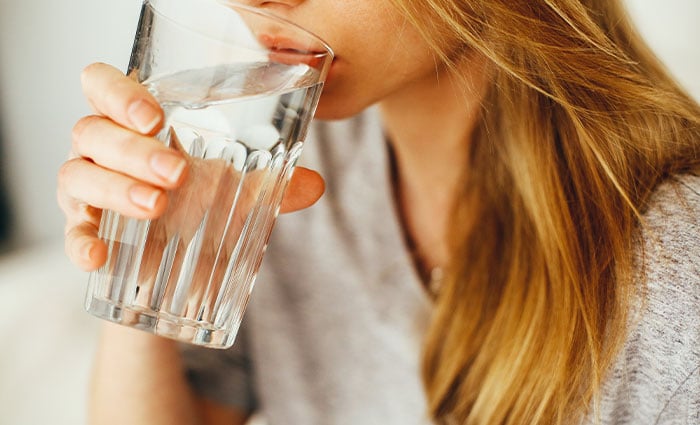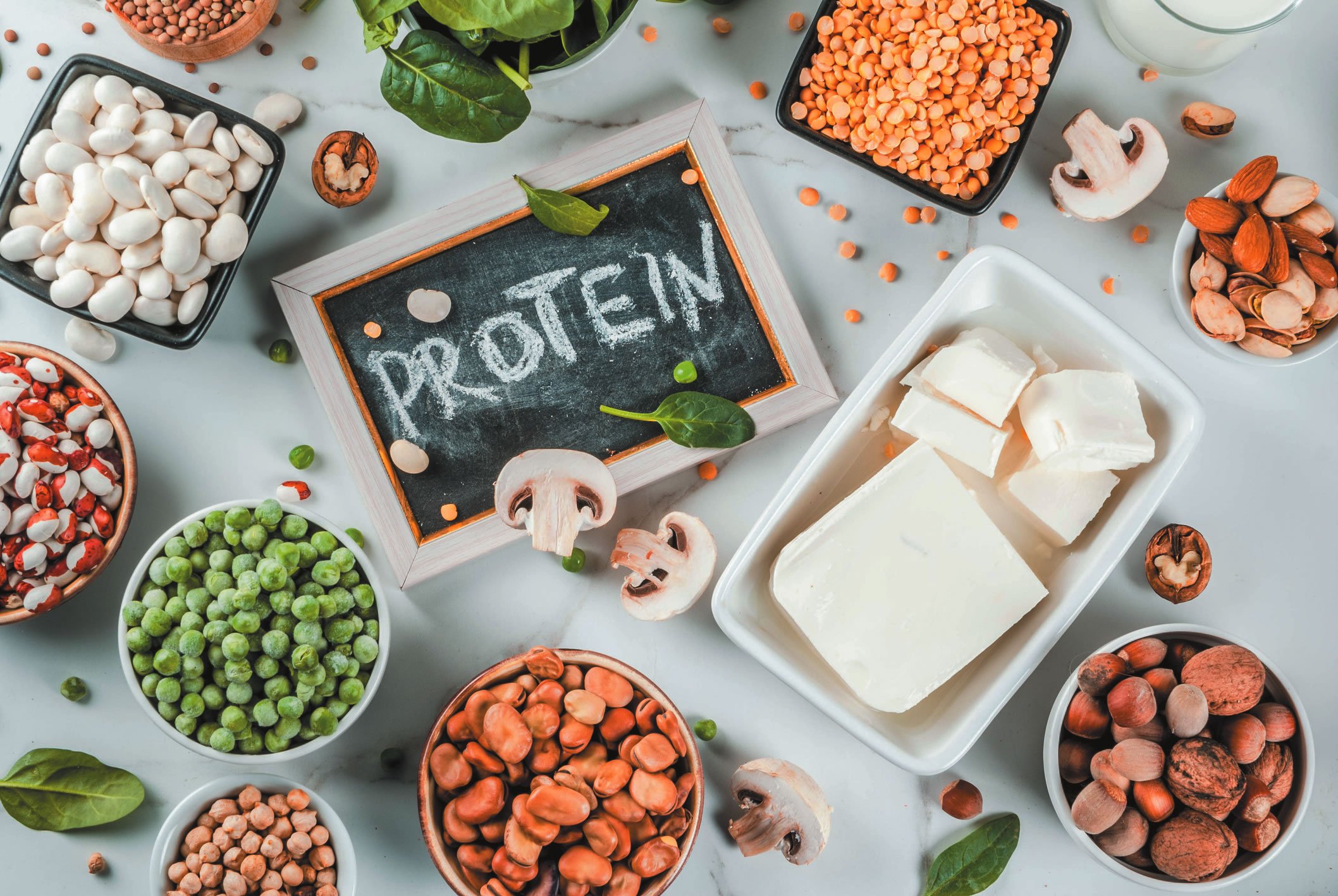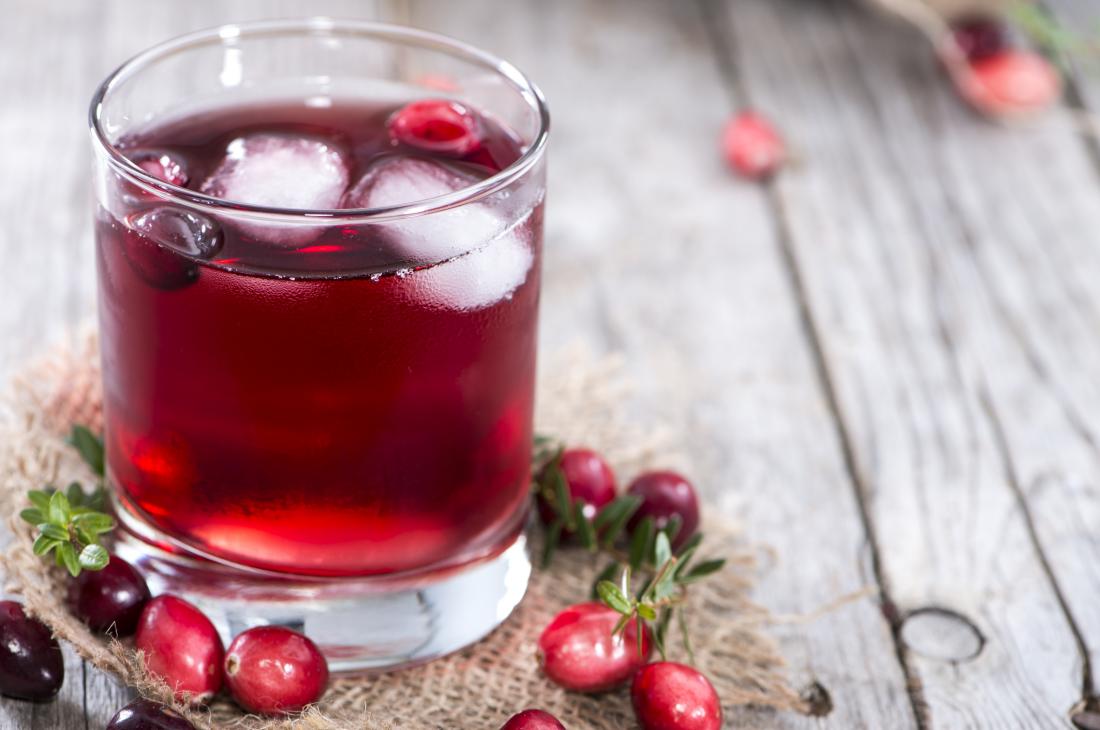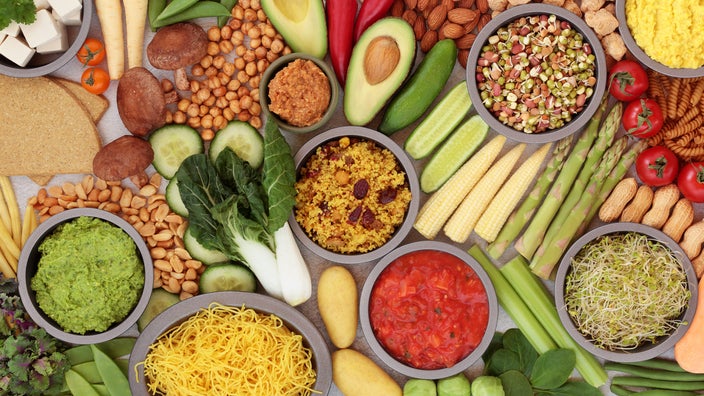Kidney stones are becoming more and more common these days.
Many experts blame diet and lifestyle as the main culprits in the rise of this disorder. The incidence of developing kidney stones is on the rise in the United States for both males and females. Once you’ve developed a kidney stone, you are significantly more likely to develop others in the future.
What are Kidney Stones?
Kidney stones are deposits of certain minerals and salts that crystallize in the kidneys and form small to large masses. Once they crystallize, they can no longer naturally dissolve and instead, need to be passed through the urinary tract system to be eliminated out of the body. Kidney stones are fairly common and once you get one, you’re about 50% more likely to get another one within the next 10 years.
Not only are kidney stones an annoyance, but they can also be extremely painful and accompanied by a range of other symptoms. Some people report having bloody urine, intense pain in the lower back, nausea, fever, stomachaches, or urine that has a foul odor in addition to the kidney stone itself. If you think you have a kidney stone or are experiencing symptoms that last for more than a few days, it’s important to see your doctor to find a treatment plan that will work for you. To help avoid these situations, prevention is key.
Kidney Stone Signs & Symptoms:
- Pain in the abdomen or lower back
- Pain when urinating
- More frequent urination
- Difficulty urinating
- Pink, red, or brown urine
- Cloudy or smelly urine
- Nausea or vomiting
- If an infection is present, there could be fever or chills
What Causes Kidney Stones?
There is no one specific cause of kidney stones. Several risk factors can contribute to kidney stone formation. Factors include but are not limited to:
- A diet that is high in protein, sodium, or sugar
- Dehydration
- Digestive disorders like Inflammatory Bowel Disease (IBD)
- Family history of kidney stones
- Obesity
- Other medical conditions like hyperparathyroid condition
- Medications such as diuretics
Natural Ways to Prevent Kidney Stones
Hydrate responsibly

Drinking water isn’t just good for your health—it’s good for your urine. Water dilutes the acids in urine that, if too concentrated, leads to stones. Dehydration is the number one cause of kidney stones and the number one method of preventing it.
Eight glasses of water are recommended, but the ideal number for your health might be a little higher or lower than this. This is fine as long as you're staying hydrated. Increasing your natural water intake helps your kidneys to be in better health, and contains much fewer toxins for it to process when compared to soda.
Eat more plant-based protein

When you eat too much animal protein, such as red meat, poultry, eggs, and seafood, levels of uric acid (purines) build up in your urine. Organ meats are the biggest culprits—they have astoundingly high levels of purines. Consider replacing some of the animal-based protein you would typically eat with plant-based alternatives such as beans, lentils, and pulses.
The dizzying influx of plant-based alternatives to meat, also called “motherless” or “clean” meat, portends good things for those who need to reduce their meat intake. Many claim there are faux meats, that have been popularized by brands, and that they taste even better than the real thing! Things like beet juice are added to these meats to mimic appearances.
Cranberry Juice

Daily fluid intake shouldn't have to be boring and water isn't the only useful substance out there if you've been struggling with kidney stones. Cranberry juice is one of the healthiest types of juices out there, and it's also one of the best ways to help your system to cleanse.
Cranberries are a natural diuretic, which means that they can be one of the best ways to cleanse the kidneys when your body needs a nudge to get back on the right path. If you don't care for the taste of it, switch to cranberry supplements instead.
Take a fish oil a day

Research has shown that fish oil can prevent kidney stones by decreasing urinary citrate and oxalate levels4. It decreases the concentration of calcium and oxalate in the urine, which is a preventative measure. Try eating more cold water, fatty fish like salmon, sardines, and mackerel. Read more about the heart-health benefits of fish oil.
Check out our Omega DHA for a daily dose of fish oil.
Citric Acid

Citric acid is an important component in the body, although it's also found in a lot of fizzy candies to give it its fizz or sour taste. If you have trouble with kidney stones that becomes chronic or regular, your doctor will likely recommend the increased use of citric acid daily – and this can drop your risk of developing kidney stones.
Lower Caffeine Consumption
Caffeine is another thing that you’ll want to limit. You don’t have to eliminate it from your routine, but try to avoid drinking it excessively. Caffeine speeds up your metabolism and causes dehydration. Try not to exceed 400mg/day and keep in mind that caffeine is in more foods and drinks than just coffee.
Try Reducing Oxalate-Rich Foods

Calcium oxalate-rich foods can be difficult for your body to break down if you’re susceptible to kidney stones. The oxalate ends up binding to calcium in the urine and increases the chances of kidney stones forming.3 Reducing oxalate-rich foods in your diet is a good preventative measure.
Consider Preventative Medication

Several preventative medications can help your body regulate the number of minerals and salt in your urine.1 This is beneficial for people who experience recurring kidney stones regardless of the lifestyle changes above. Talk to your doctor about using a preventative medication to help reduce kidney stones.
Additionally, tell your doctor any medications you are currently taking, as certain ones have been shown to increase the formation of kidney stones. Your doctor will be able to recommend alternatives or pair your current prescriptions or over-the-counter medications with a good preventative one.
It’s also important to remember that because of the makeup of kidney stones, different types will have different preventative measures. Find out what kind of stones you get and follow the recommendations for calcium oxalate stones, calcium phosphate stones, uric acid stones, and cystine stones.
